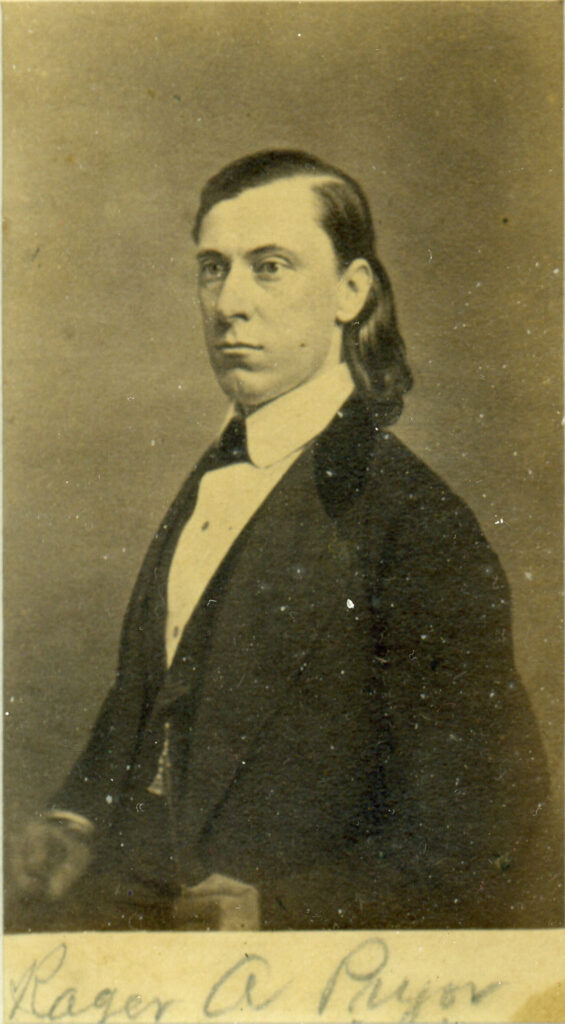Section #22 - The Southern States secede and the attack on Ft. Sumter signals the start of the Civil War
Chapter 289: Davis Decides To Take Sumter By Force
April 8, 1861
The Hope For A Peaceful Evacuation At Sumter Vanishes
Lincoln’s two messengers meet with Governor Pickens on April 8 to notify him of the movement to resupply Sumter. After Robert Chew hands him Lincoln’s note, Pickens wishes to reply. But the well-rehearsed Chew buys time by saying that he is not cleared to transmit any responses.
Lt. Theodore Talbot then asks permission to visit the fort, but Beauregard will have none of that – and the two messengers are soon back on the train to Washington.
Meanwhile, in DC, Seward informs the Southern “commissioners” that their request to be recognized as officials of the new Confederate States government is denied.
These two meetings draw a quick response. Martin Crawford wires Beauregard in Charleston:
The war policy prevails in the Cabinet at the hour.
He has also picked up rumors about the Ft. Pickens expedition, and notifies Davis:
Fort Pickens and Texas are the first points of military demonstration.
Davis in turn sends a definitive order to Beauregard to block any attempt to relieve Sumter.
Under no circumstances are you to allow provisions to be sent to Fort Sumter
April 9, 1861
The CSA Cabinet Agree On The Sumter Attack

On April 9, CSA President Jefferson Davis tells his cabinet that he is ready to attack Ft. Sumter, and the only question left in his mind is the timing.
He finds only one dissenter, and that is his Secretary of State, Robert Toombs who issues a dire warning:
Mr. President, at this time it is suicide, murder and will lose us every friend at the North. You will wantonly strike a hornet’s nest which extends from mountains to oceans, and legions, now quiet, will swarm out and sting us to death. It is unnecessary; it puts us in the wrong; it is fatal!
But the others are unmoved by Toombs and the word goes to Charleston to finalize their preparations.
The gruff Texan, Louis T. Wigfall, reassures Davis:
No one now doubts that Lincoln intends war. The delay on his part is only to complete his preparations.
The long wait is about to end, and the city is overjoyed by the prospect.
Doubly so when Governor Pickens decides to open what was previously declared “private mail” to Sumter, and finds Lincoln’s April 4 note telling Anderson that reinforcement will be on the way soon – a clear conflict with the apparent insurances from Seward and others of a peaceful evacuation.
The sixty-seven year old fire-eater, Edmund Ruffin, is so excited that he picks up a rifle and joins the Palmetto Guard as a private.
The Virginia rebel, Roger Pryor, is in town to partake in the action and fire up the locals, saying:
You have at last annihilated this accursed Union, reeking with corruption, and insolent with excess of tyranny.